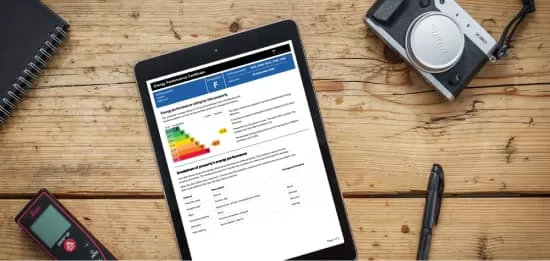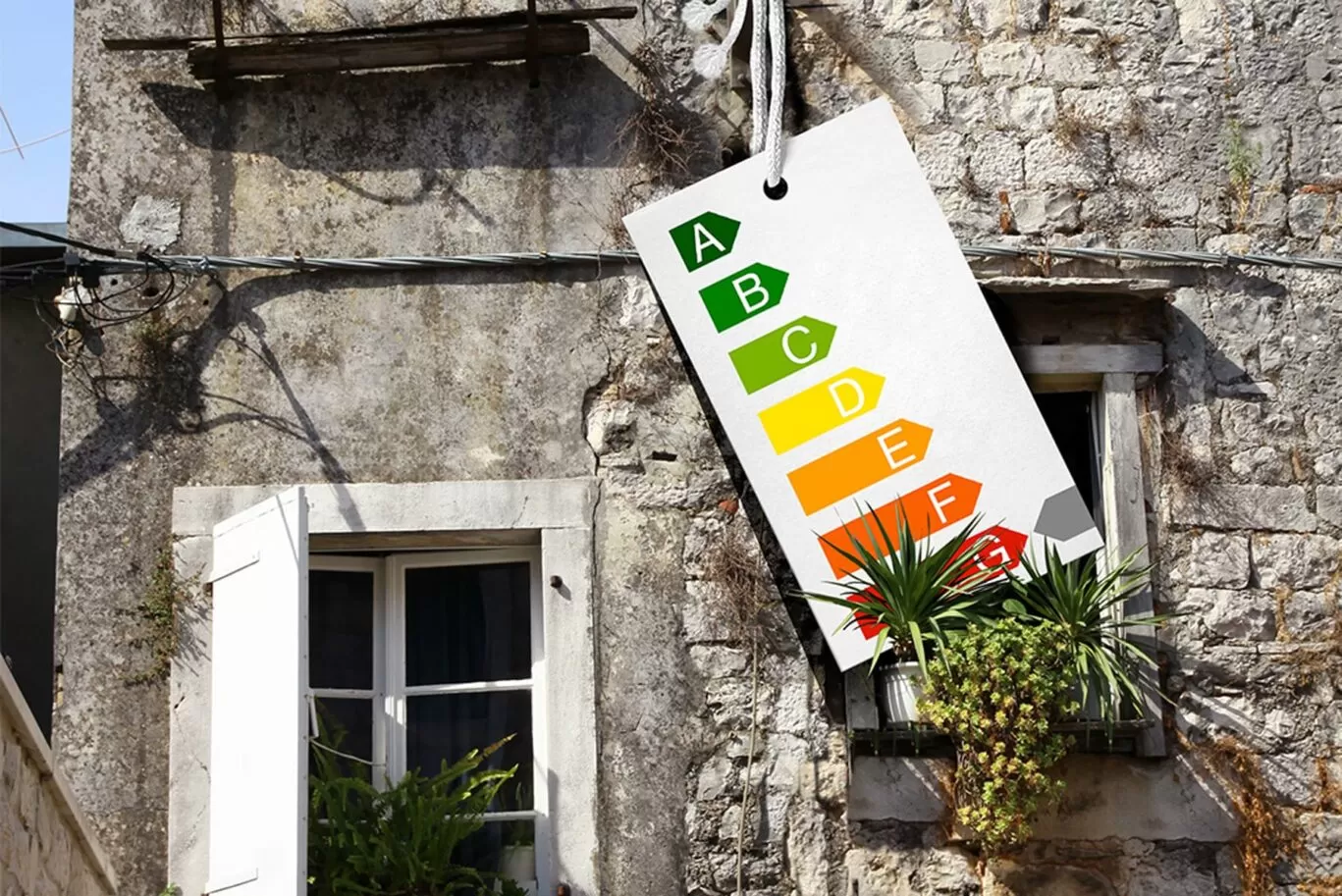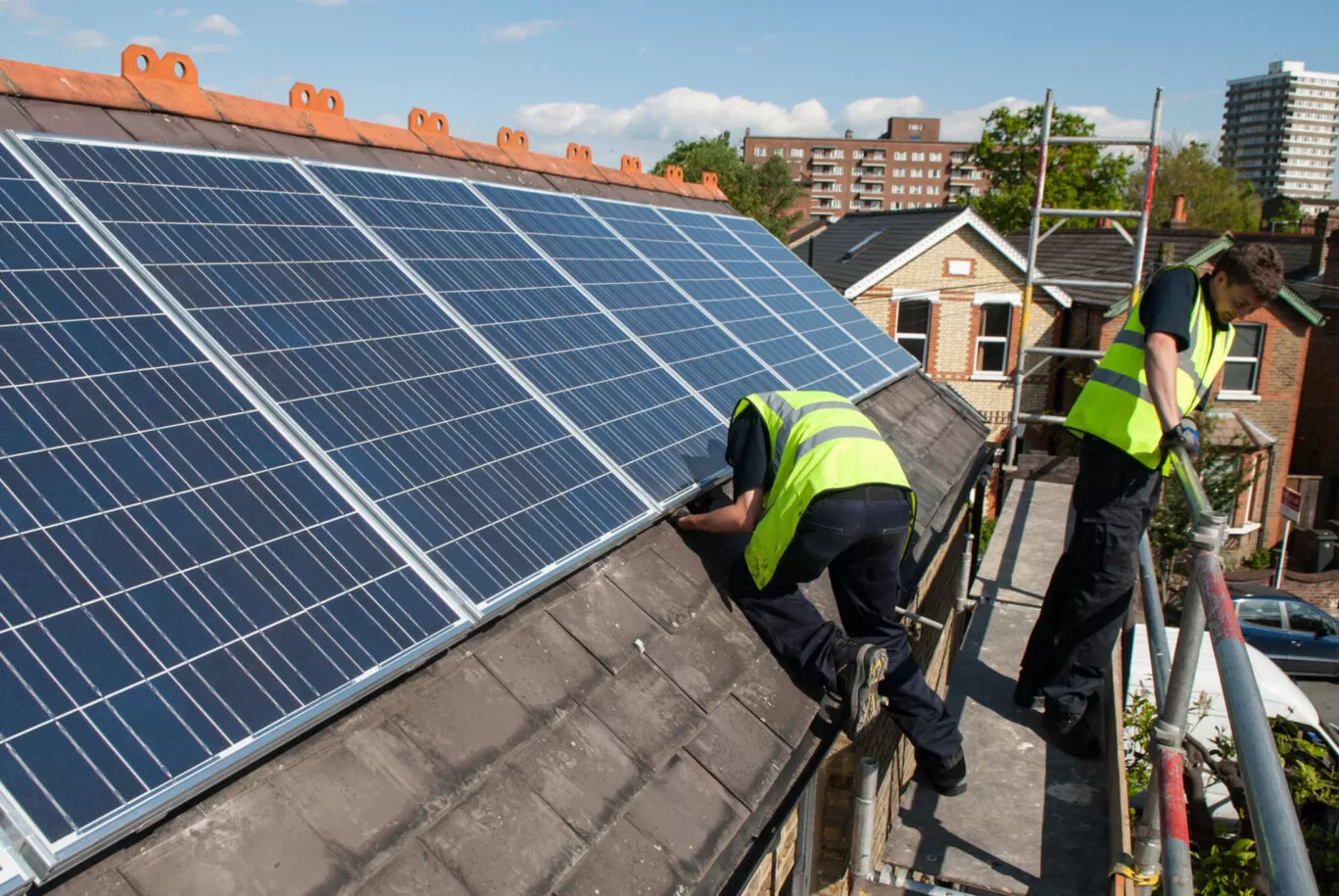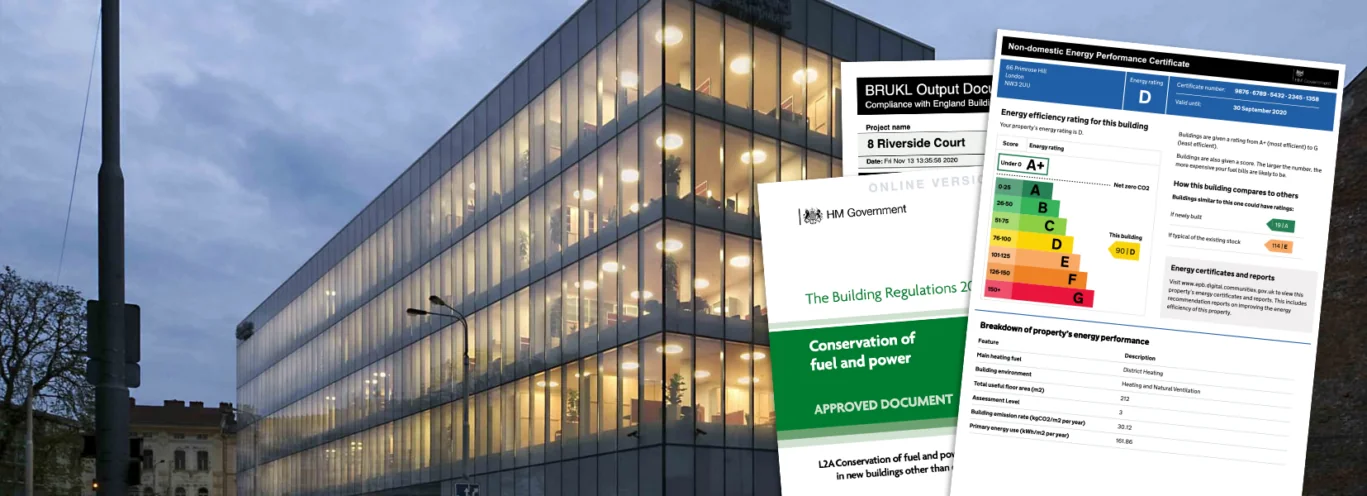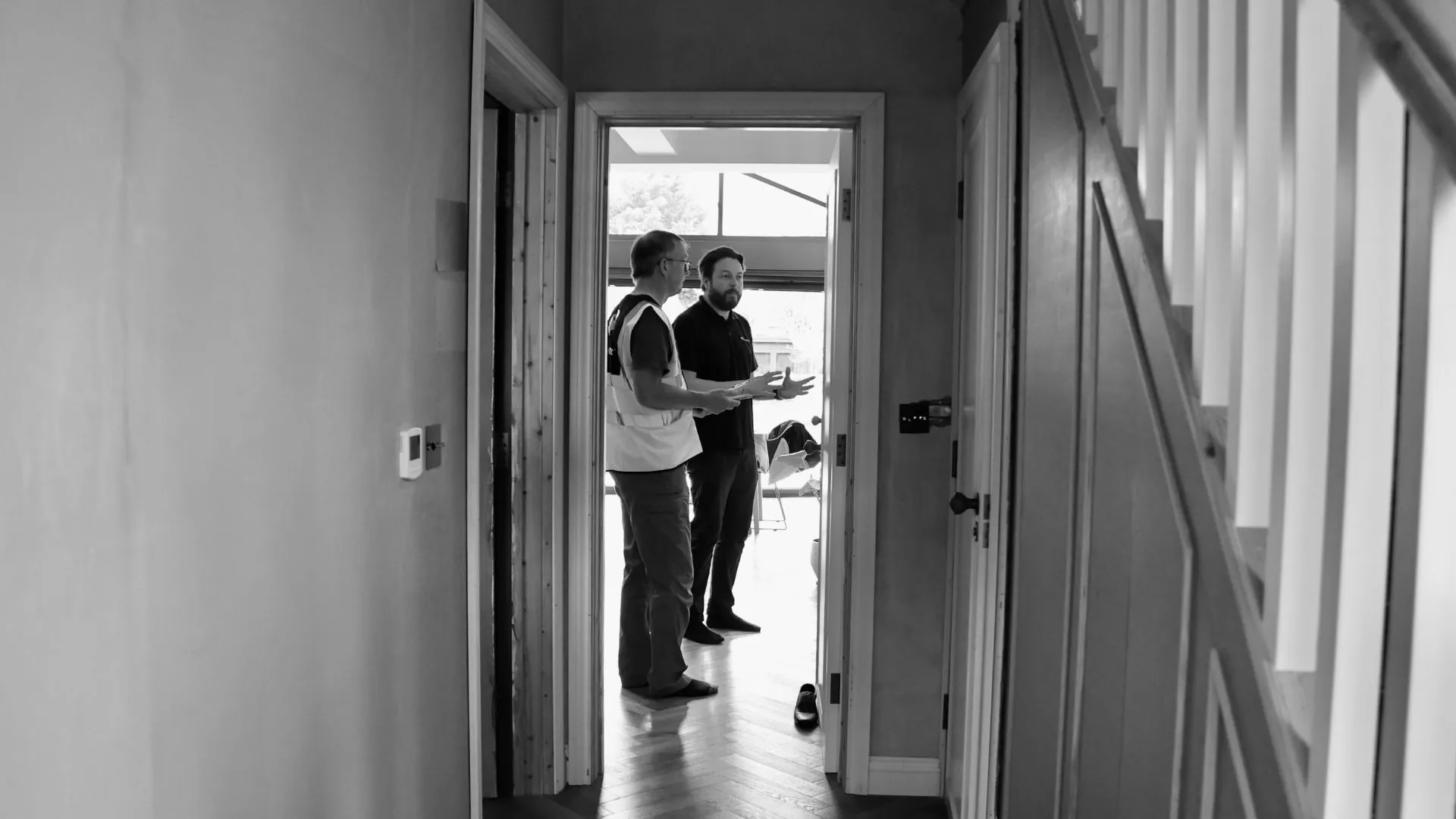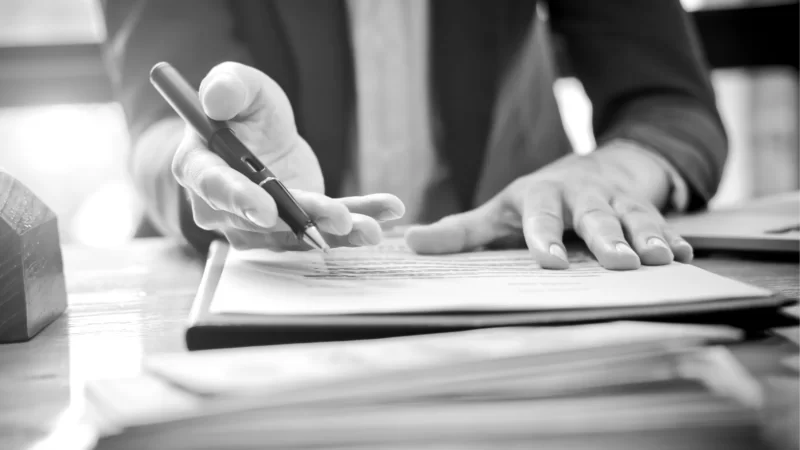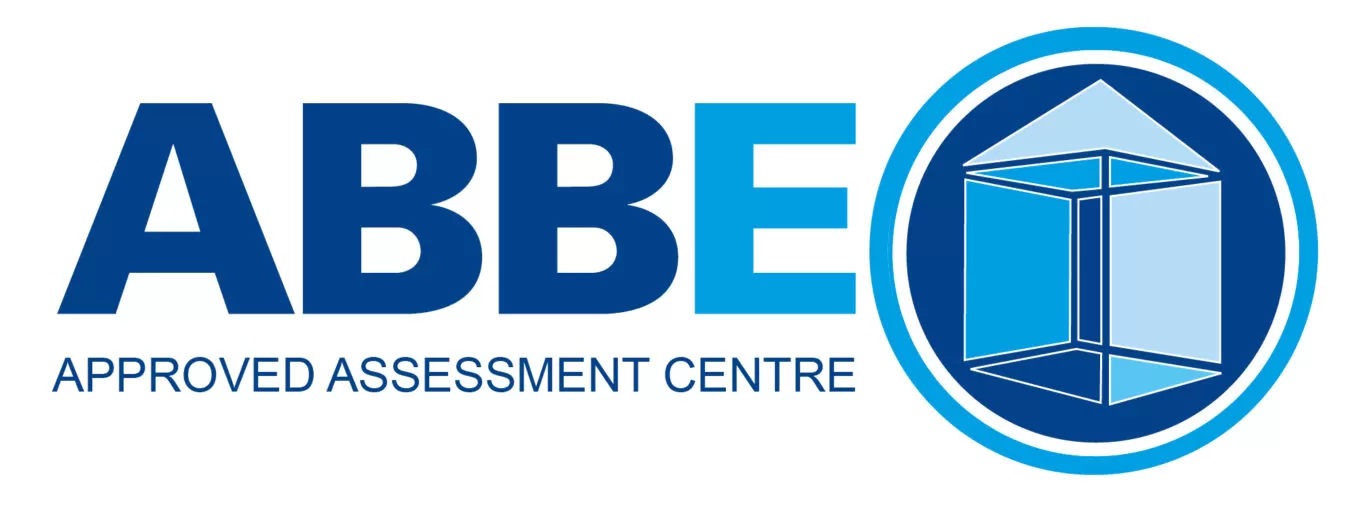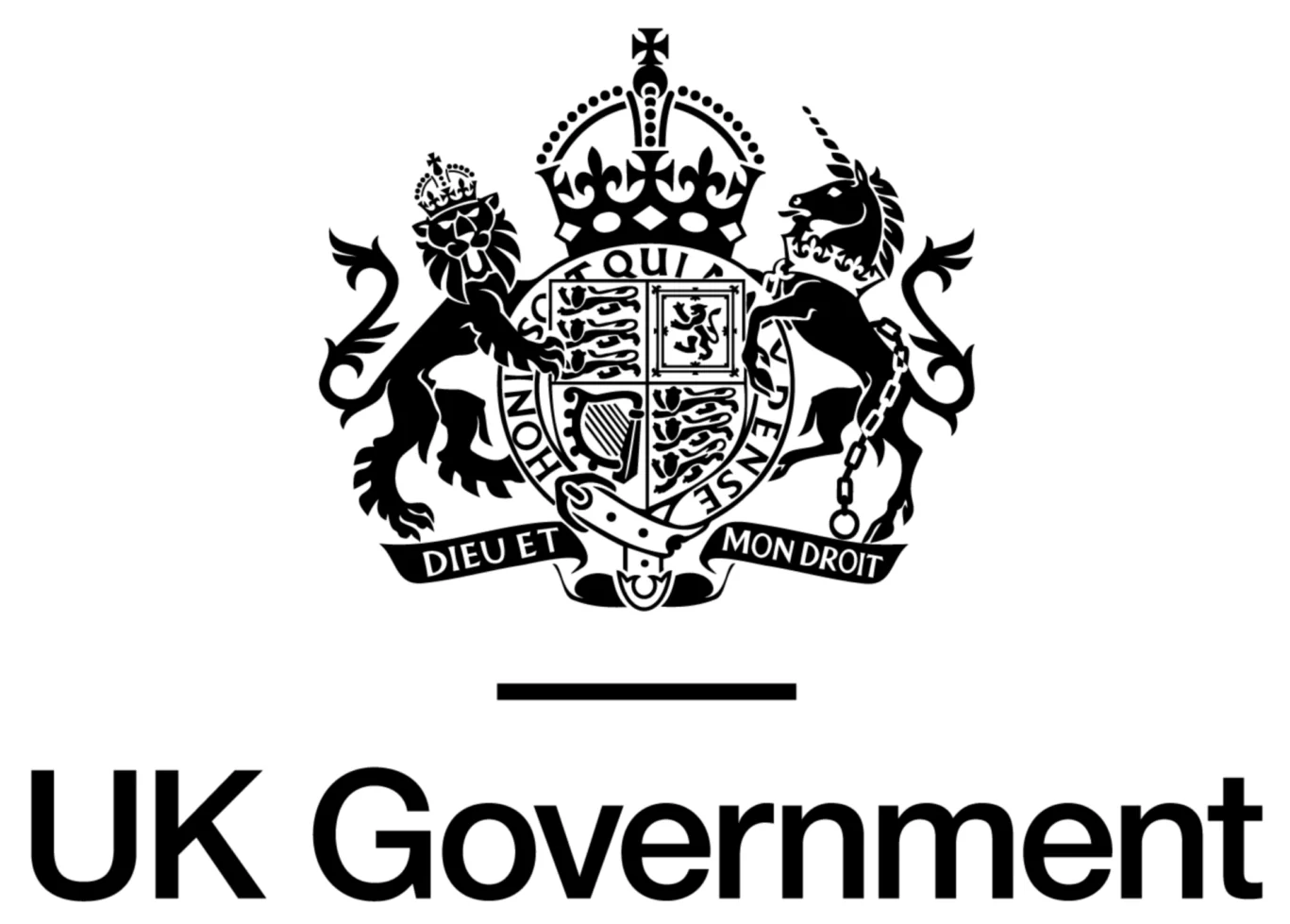What is a Domestic Energy Assessor (DEA)?
Domestic Energy Assessors are responsible for assessing existing domestic dwellings to produce Energy Performance Certificates (EPCs).

These EPCs are key to numerous pieces of government legislation, especially those relating to energy targets. In recent years, the country has massively accelerated their energy goals. As a result, the EPC has become more and more important over the years, and so have the DEAs who create them.
A Day In The Life of a DEA
Preparation
Many DEAs are self-employed, which means that part of their job is effectively managing their diary. So, a typical day might start with some admin. An assessor may start by reviewing their diary for upcoming appointments to check whether they have been confirmed and if they have all the necessary information needed ahead of the appointment. Some DEAs choose to find out certain pieces of information before they visit the house itself, such as whether there are any planning applications online for extensions, loft conversions or garage conversions.
Also, a message ahead of time can give the client a heads-up on what the assessor will need to see during the survey. This helps out both parties in the long run, ensuring the assessment goes smoothly.
As part of this prep, a DEA will look at their schedule, estimate the timing of each job and give their clients an ETA before heading off to their first assessment!
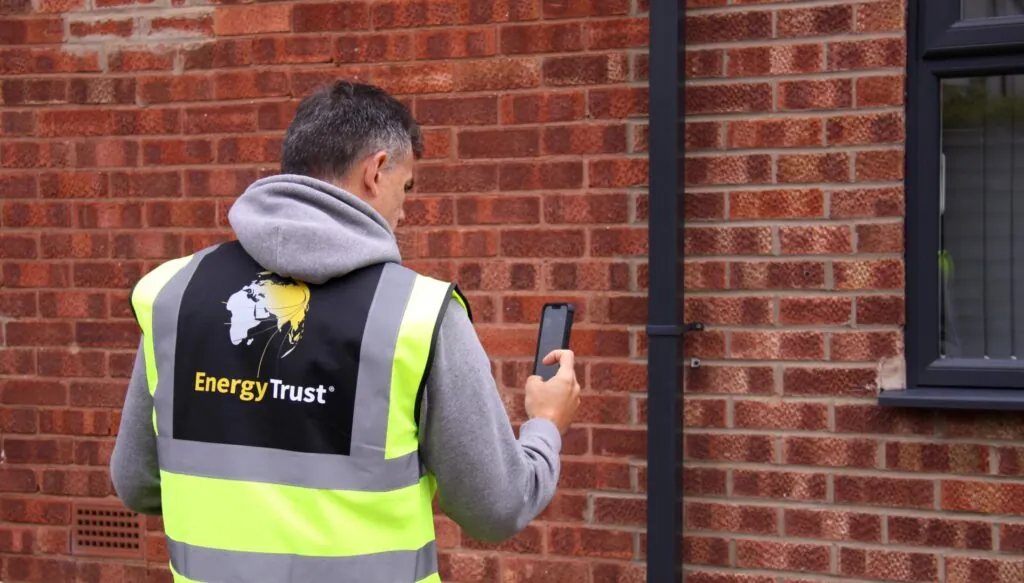
Assessing a Dwelling
First things first, it’s time to introduce themselves. The DEA will have a brief chat with the homeowner, introducing themselves in-person and showing them their ID, providing a brief explanation of how the assessment will work and answering any questions the client may have. Then, they begin the assessment. The assessor will look round the whole house, carefully taking note of all the relevant features including:
- Wall & floor length measurements
- Windows
- Boiler
- Heating controls
- Wall construction
- Lighting
Along with each detail they record, they also take numerous photos and create a floorplan showing dimensions and other details.
Lodging the EPC
Now it’s time to put all this information into the RdSAP software. Some assessors choose to this on-site using an app on an iPad or tablet. Other assessors prefer to head back home or to the office and input all of their data into desktop software. The assessor then lodges the EPC on the Government’s EPC register and lets the client know.

Are All Domestic Energy Assessors Self-Employed?
Domestic Energy Assessors are not necessarily self-employed, there are many companies (such as estate/letting agents and Retrofit installers) who employ DEAs in-house to carry out their assessments. However, many DEAs choose to be self-employed due to the various benefits. For instance, self-employed DEAs are free to choose their hours, price their jobs with freedom and work to their own schedule.
How To Become A Domestic Energy Assessor
The good news is, no prior qualifications are needed to train as a Domestic Energy Assessor. Energy Trust offers DEA courses in formats to suit every learner.
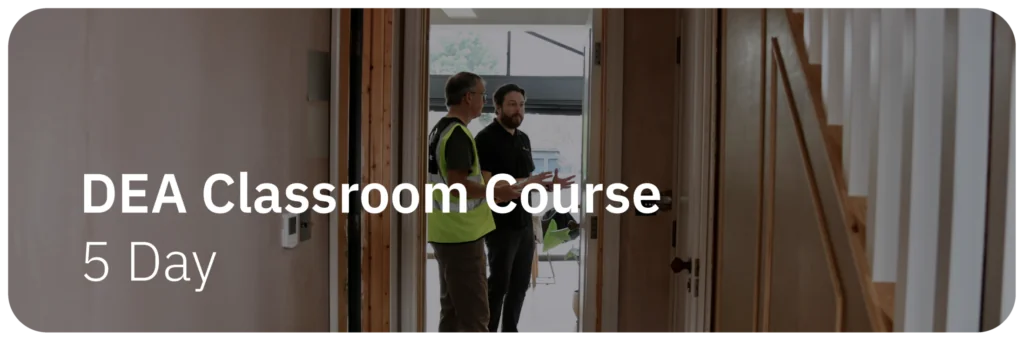
Our in-person classroom course is delivered over five consecutive days. Throughout the five days, you will undertake five example EPC projects and complete the full portfolio by the end of the week. This course includes real-life site visits to give you the best start to your career in energy assessment.

For some, they prefer to learn from the comfort of their own home. In that case, our DEA Distance Learning course is the perfect fit. This course is delivered over three consecutive days during the week in a live and interactive Zoom classroom. Our Tutors are happy to answer any questions as they take the students through the course. After the course, each student will produce a portfolio of five example EPC projects, alongside academic assignments.
Are you looking to jump-start your career? Consider becoming a Domestic Energy Assessor! Whether you’re building up your full-time work or making some extra income on the side, Domestic Energy Assessment is a great occupation where you can make a real difference in the world of energy efficiency.

